High school educator might sound like a pantie thief, but it turns out he was actually a wannabe pantie merchant.
Teachers (Page 3)
Exasperated educator takes workplace survey and is depressed by rationale for forcing students to join after-school programs.
Grabbing the attention of young minds with the implied power of hot lead.
Annual tradition is more beautiful than ever this year.
Were the expectations for Japanese English teachers to high…two high…too high?
Read More
The word otaku has a long and complicated history in Japan. Originally, it was strictly a pejorative, a label used to mark those with an unhealthily intense interest in anime and other bits of minutiae-heavy hobbies. But while there are many who still use the word in that scathing sense, “otaku” has slowly built up another image as a badge of pride worn by those with a strong and enduring passion for the specific niches of art or technology that appeal to them.
That means that Japanese society, for arguably the first time, is starting to accept that being an otaku can be either a positive or a negative force in a person’ life. But what’s the difference between a good otaku and a bad otaku? One Japanese educator has an answer.
You’ve probably heard stories about the horrors of Japanese juku, otherwise known as cram schools, where children go after an already grueling day at regular school to receive even more academic instruction in specific subject areas. Most students attend these costly schools in the hopes of gaining even a few extra points on their high school or university entrance examinations, whether it’s by their own volition or because they’re being forced to go by their parents. So unless you’re someone who genuinely enjoys the process of studying, you can see why just the thought of juku conjures up dread in so many Japanese students.
Determined to dispel the image of cram schools as torture chambers for weary students who would much rather be watching TV or playing video games in the evening, one such juku has decided to take a completely different approach in the way that it attracts students to its classes. And after seeing the following pictures, you might just be convinced to go back to class yourself!
‘Monster parents’ aren’t anything new in Japan–the complaints by and about overbearing, demanding mothers and fathers have been on the increase for nearly a decade. But thanks to a report by the FujiTV program Nonstop, the issue has catapulted squarely back into the public conscious.
The show posted some of the crazier complaints allegedly made by these loudmouthed parents to schools and their kids’ teachers, sparking angry and bewildered comments online. We’ve collected some of the best (worst?) below.
Japan has a reputation for overworking its employees, though it’s hardly the only country! But when it comes to education, you’d expect Japanese teachers, whose students often score among the top in the world on standardized tests, to be solely focused on their classroom materials. But you might be wrong!
One public middle school teacher has recently gotten a ton of attention online for a blog post about her impossible-to-manage duties as a “club leader” and her desire to actually change occupations due to the intense schedule. Read about her experience and the intense reactions below.
It goes without saying that corporal punishment is unforgivable. At least that’s the mode of thinking these days (and boy are we glad for it), but it wasn’t always the case. In the Showa Period (1926 to 1989), it was incredibly common in elementary, middle, and high schools. In fact, it was so common that it seemed almost inconceivable for a school not to have corporal punishment.
Still, we wondered what it was really like, so the prestigious RocketNews24 Japan team took a survey to find out what sorts of punishments were common in the Showa Period. Read More

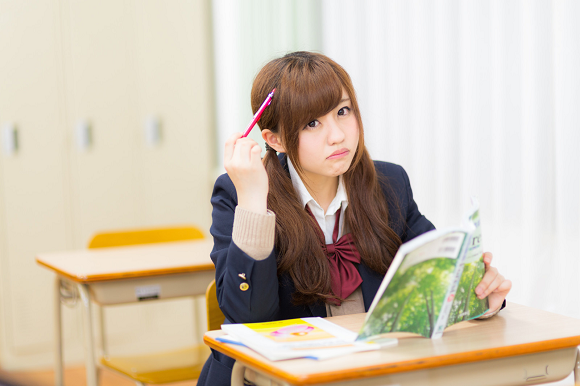
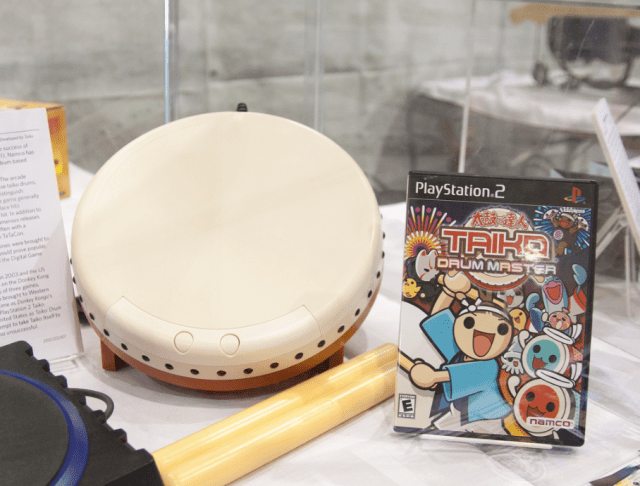
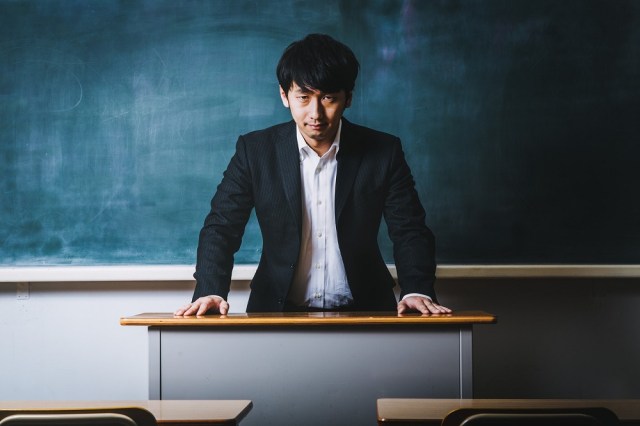
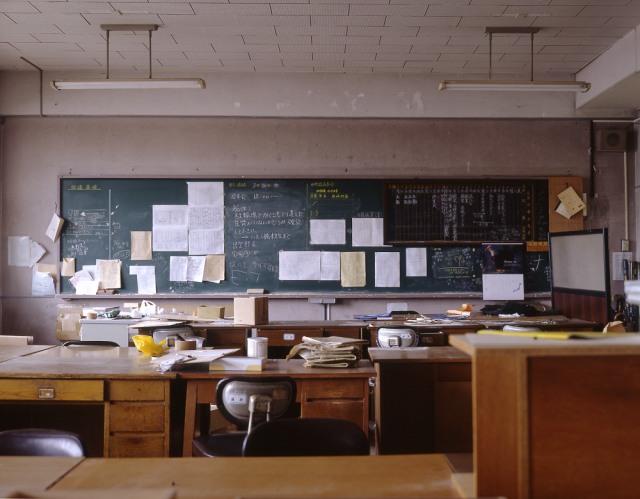
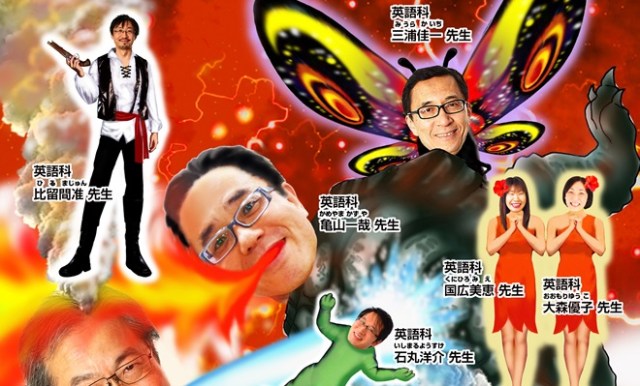
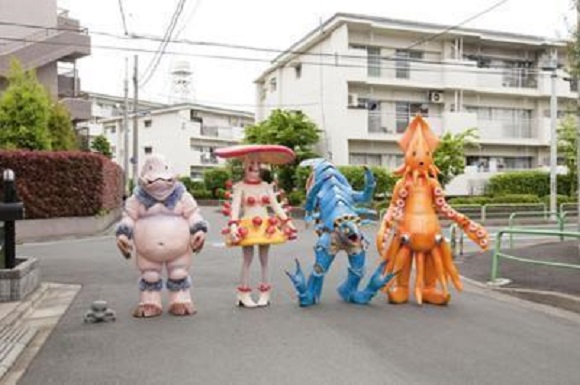
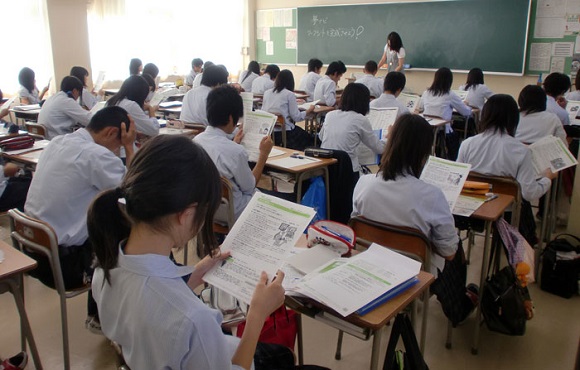
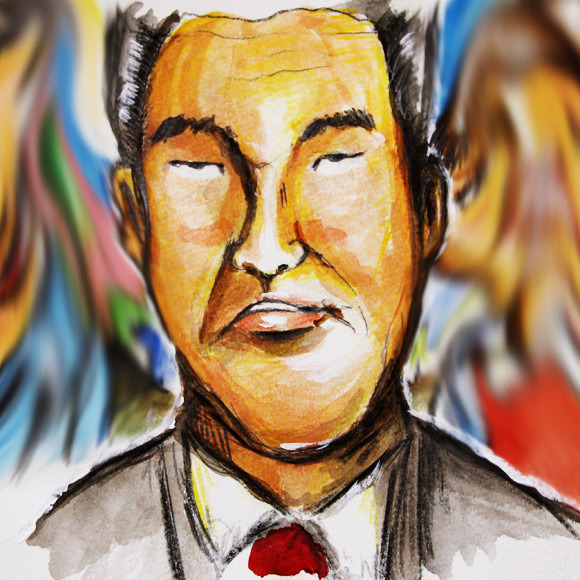
 Take a trip to Japan’s Dododo Land, the most irritating place on Earth
Take a trip to Japan’s Dododo Land, the most irritating place on Earth Family Mart releases huge range of cute sweets for Cat Day in Japan
Family Mart releases huge range of cute sweets for Cat Day in Japan A spotlight on Japanese singles figure skating: Jumping into the 2026 Olympics【Pt. II】
A spotlight on Japanese singles figure skating: Jumping into the 2026 Olympics【Pt. II】 Anime and video game backgrounds now free to download for video conference calls
Anime and video game backgrounds now free to download for video conference calls Legendary pie shop Anna Miller’s is returning to Tokyo, bringing iconic waitress uniforms with it
Legendary pie shop Anna Miller’s is returning to Tokyo, bringing iconic waitress uniforms with it Japanese man gets drunk and falls asleep on Tokyo streets, then gets robbed by foreign national
Japanese man gets drunk and falls asleep on Tokyo streets, then gets robbed by foreign national Is Domino’s Japan’s new Cheese Volcano Pizza worth the hype and calories?
Is Domino’s Japan’s new Cheese Volcano Pizza worth the hype and calories? Is China’s don’t-go-to-Japan warning affecting the lines at a popular Tokyo gyukatsu restaurant?
Is China’s don’t-go-to-Japan warning affecting the lines at a popular Tokyo gyukatsu restaurant? You can now buy a Japanese train station clock in Japan
You can now buy a Japanese train station clock in Japan Sushi cars are the newest crazy cool dream from Japan’s Tomica line
Sushi cars are the newest crazy cool dream from Japan’s Tomica line Yokai are descending upon Tokyo this spring in the latest immersive art experience
Yokai are descending upon Tokyo this spring in the latest immersive art experience Three beautiful places to see Japan’s plum blossoms after starting your day in downtown Tokyo
Three beautiful places to see Japan’s plum blossoms after starting your day in downtown Tokyo Cherry blossom forecasts map shows Japan’s OTHER sakura season is starting right now
Cherry blossom forecasts map shows Japan’s OTHER sakura season is starting right now New Studio Ghibli stamps leave an impression on your stationery…and your heart
New Studio Ghibli stamps leave an impression on your stationery…and your heart Japanese women sound off on their minimum height requirements for a husband【Survey】
Japanese women sound off on their minimum height requirements for a husband【Survey】 Huge Evangelion Unit-01 head appearing in lights in Japan to celebrate anime’s 30th anniversary
Huge Evangelion Unit-01 head appearing in lights in Japan to celebrate anime’s 30th anniversary Kyoto planning surprise late-night inspections of Airbnb-style rentals to fight overtourism
Kyoto planning surprise late-night inspections of Airbnb-style rentals to fight overtourism Japanese movie theater chain’s popcorn earns highest Grand Prix quality certification
Japanese movie theater chain’s popcorn earns highest Grand Prix quality certification Japan’s most famous Mt. Fuji view park cancels cherry blossom festival because of overtourism
Japan’s most famous Mt. Fuji view park cancels cherry blossom festival because of overtourism Starbucks Japan releases new drinkware and goods for Valentine’s Day
Starbucks Japan releases new drinkware and goods for Valentine’s Day Japan releases first official sakura cherry blossom forecast for 2026
Japan releases first official sakura cherry blossom forecast for 2026 10 times to avoid traveling in Japan in 2026
10 times to avoid traveling in Japan in 2026 Archfiend Hello Kitty appears as Sanrio launches new team-up with Yu-Gi-Oh【Pics】
Archfiend Hello Kitty appears as Sanrio launches new team-up with Yu-Gi-Oh【Pics】 Starbucks Japan releases new Frappuccino and latte for Valentine’s Day
Starbucks Japan releases new Frappuccino and latte for Valentine’s Day China’s don’t-go-to-Japan warning looks to be affecting tourist crowds on Miyajima
China’s don’t-go-to-Japan warning looks to be affecting tourist crowds on Miyajima Our 52-year-old pole dancing reporter shares his tips for achieving your New Year’s exercise goal
Our 52-year-old pole dancing reporter shares his tips for achieving your New Year’s exercise goal Studio Ghibli releases new “komorebi” plush toys from Princess Mononoke and Spirited Away
Studio Ghibli releases new “komorebi” plush toys from Princess Mononoke and Spirited Away Survey asks foreign tourists what bothered them in Japan, more than half gave same answer
Survey asks foreign tourists what bothered them in Japan, more than half gave same answer Japan’s human washing machines will go on sale to general public, demos to be held in Tokyo
Japan’s human washing machines will go on sale to general public, demos to be held in Tokyo We deeply regret going into this tunnel on our walk in the mountains of Japan
We deeply regret going into this tunnel on our walk in the mountains of Japan Studio Ghibli releases Kodama forest spirits from Princess Mononoke to light up your home
Studio Ghibli releases Kodama forest spirits from Princess Mononoke to light up your home Major Japanese hotel chain says reservations via overseas booking sites may not be valid
Major Japanese hotel chain says reservations via overseas booking sites may not be valid Put sesame oil in your coffee? Japanese maker says it’s the best way to start your day【Taste test】
Put sesame oil in your coffee? Japanese maker says it’s the best way to start your day【Taste test】 No more using real katana for tourism activities, Japan’s National Police Agency says
No more using real katana for tourism activities, Japan’s National Police Agency says Starbucks Japan reveals new sakura drinkware collection, inspired by evening cherry blossoms
Starbucks Japan reveals new sakura drinkware collection, inspired by evening cherry blossoms Updated cherry blossom forecast shows extra-long sakura season for Japan this year
Updated cherry blossom forecast shows extra-long sakura season for Japan this year Japanese man gets drunk and falls asleep on Tokyo streets, then gets robbed by foreign national
Japanese man gets drunk and falls asleep on Tokyo streets, then gets robbed by foreign national Is Domino’s Japan’s new Cheese Volcano Pizza worth the hype and calories?
Is Domino’s Japan’s new Cheese Volcano Pizza worth the hype and calories? Is China’s don’t-go-to-Japan warning affecting the lines at a popular Tokyo gyukatsu restaurant?
Is China’s don’t-go-to-Japan warning affecting the lines at a popular Tokyo gyukatsu restaurant? You can now buy a Japanese train station clock in Japan
You can now buy a Japanese train station clock in Japan Sushi cars are the newest crazy cool dream from Japan’s Tomica line
Sushi cars are the newest crazy cool dream from Japan’s Tomica line Japan’s first all-matcha ramen restaurant is now open in Kyoto【Photos】
Japan’s first all-matcha ramen restaurant is now open in Kyoto【Photos】 Does the way you cross your arms say anything about your personality? Japan thinks so
Does the way you cross your arms say anything about your personality? Japan thinks so 2021 Salaryman Poetry Battle showcases some dark but hilarious poems
2021 Salaryman Poetry Battle showcases some dark but hilarious poems Japan’s got a subscription service for pillows with or without plastic tubes inside
Japan’s got a subscription service for pillows with or without plastic tubes inside Why does Japanese writing need three different sets of characters? (Part 2)
Why does Japanese writing need three different sets of characters? (Part 2) McDonald’s Japan partners with anime English teacher, but did they commit a cultural error?[Video]
McDonald’s Japan partners with anime English teacher, but did they commit a cultural error?[Video] Family Mart goes matcha crazy with new lineup of green tea sweets in Japan
Family Mart goes matcha crazy with new lineup of green tea sweets in Japan